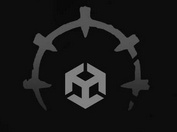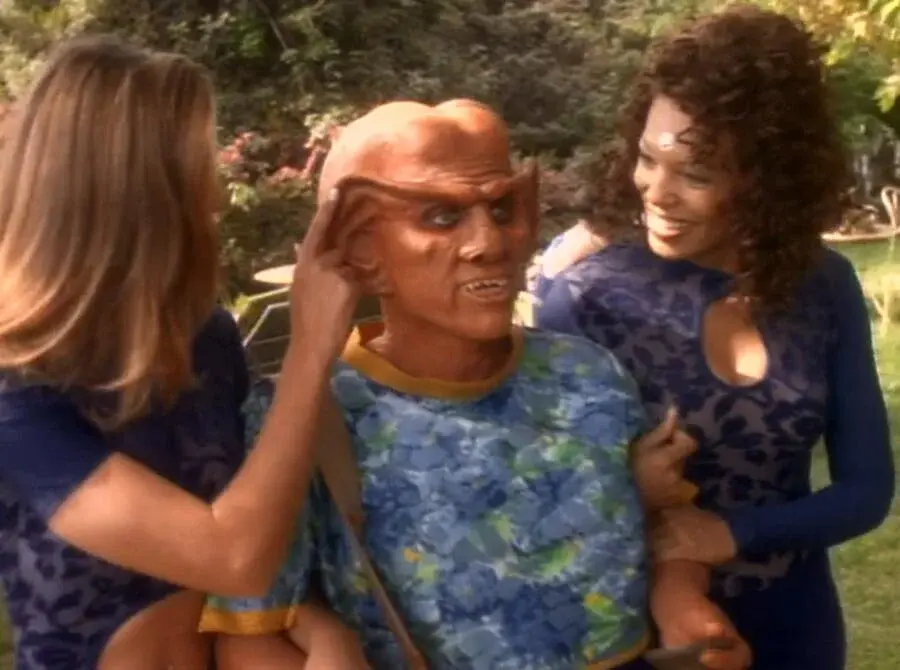Transcript:
Much like Darkest Dungeon, game development is a dynamic and challenging effort where tough choices must be made using imperfect information. Making and releasing a game is an uncertain endeavor, with treasures never guaranteed. But that uncertainty should lie in the marketplace, not with fundamental business terms around which a project was built.
We believe Unity has made a grave misstep in introducing a poorly thought out fee mechanic and then compounded that threefold by making it apply to games that have already been released. We are sympathetic to the idea that companies must sometimes change how they operate, but these changes should be carefully planned, communicated, and enacted in such a way that partners may choose whether they wish to accept these new rules for their next projects.
We built Darkest Dungeon II using Unity, and a large part of our decision to do so was the relative cost certainty around the license and subscription model. We’ve spent hundreds of thousands of dollars on licenses, and far more than that in engaging Unity to help us with parts of development. It is hard for us to imagine building another game with Unity unless we know we are protected from the possibility of massive changes to how we pay for that technology being introduced at the whims of executive management.
Part of game development is knowing when a mechanic is not working and then having the courage to swallow your ego and undo the mistake. We call on Unity to recant this blunder.
i like “recant this blunder”, smooth but blunt…

This is gold
10 stress damage right there
Unity, remind yourselves that overconfidence is a slow and insidious killer
So ruin has come to their family?
In time, you will know the tragic extent of their failings.
you remember our venerable engine opulent and imperial
Sadly it’s in .25 pt type on mobile and won’t expand. :(
We at Red Hook know something about madness… Much like Darkest Dungeon, game development is a dynamic and challenging effort where tough choices must be made using imperfect information. Making and releasing a game is an uncertain endeavor, with treasures never guaranteed. But that uncertainty should lie in the marketplace, not with fundamental business terms around which a project was built. We believe Unity has made a grave misstep in introducing a poorly thought out fee mechanic and then compounded that threefold by making it apply to games that have already been released. We are sympathetic to the idea that companies must sometimes change how they operate, but these changes should be carefully planned, communicated, and enacted in such a way that partners may choose whether they wish to accept these new rules for their next projects. We built Darkest Dungeon using Unity, and a large part ofour decision to do so was the relative cost certainty around the license and subscription model. We’ve spent hundreds of thousands of dollars on licenses, and far more than that in engaging Unity to help us with parts of deve lopment. It is hard for us to imagine building another game with Unity unless we know we are protected from the possibility of massive changes to how we pay for that technology being introduced at the whims of executive management. Part of game development is knowing when a mechanic is not working and then having the courage to swallowyour ego and undo the mistake. We call on Unity to recant this blunder.
(used Google’s text detection to copy/paste, so may not be perfect)
Thanks for this. It’s really interesting to read developers respond. And to watch Unity squirm.
deleted by creator
Thanks for this. It’s really interesting to read developers respond. And to watch Unity squirm.
All of this reminds me so much of the OGL fiasco in the TTRPG world a few months ago.




